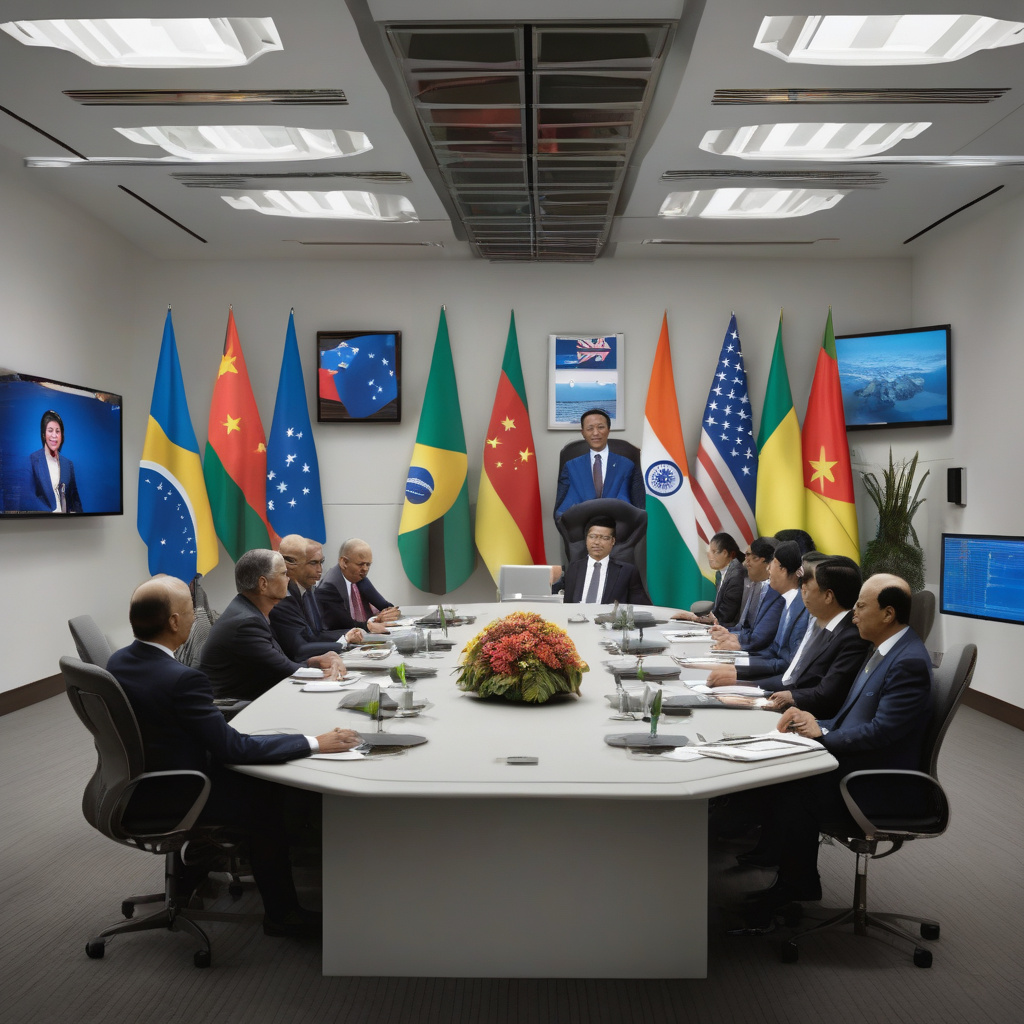BRICS Urges Fair Pay for AI Content Amid De-Dollarisation Challenges
The recent BRICS summit has once again brought to light the pressing need for regulations surrounding AI data usage. While the member countries – Brazil, Russia, India, China, and South Africa – have called for fair compensation for content utilized in AI models, they have faced significant hurdles in fulfilling their de-dollarisation commitments.
The use of artificial intelligence in various industries has grown exponentially in recent years, revolutionizing the way businesses operate and interact with consumers. From personalized recommendations on e-commerce platforms to predictive analytics in finance, AI has become an integral part of the digital landscape.
However, the increasing reliance on AI has raised concerns about the ethical use of data and the fair compensation of content creators. The BRICS summit’s emphasis on ensuring fair pay for content used in AI models reflects a growing recognition of the importance of protecting intellectual property rights in the digital age.
Despite the focus on AI data regulations, the BRICS countries have once again struggled to make progress on their de-dollarisation goals. De-dollarisation refers to the process of reducing reliance on the US dollar in international trade and finance, a move aimed at increasing financial stability and reducing exposure to external economic shocks.
While the BRICS nations have repeatedly pledged to promote de-dollarisation and enhance cooperation in areas such as trade and investment, progress in this regard has been slow. The challenges of transitioning away from the US dollar as the dominant global currency are significant, requiring coordinated efforts and long-term strategies to overcome.
The disconnect between the aspirations of the BRICS countries and the reality of their de-dollarisation efforts highlights the complexities of global economic governance. As the digital economy continues to expand and evolve, issues such as data regulation and currency diversification will only become more critical for policymakers and industry leaders to address.
In the context of AI data regulations, the need for clear guidelines on data usage, privacy protection, and content ownership is paramount. By establishing transparent and enforceable rules for AI data management, countries can foster innovation while safeguarding the rights of individuals and businesses.
Furthermore, the fair compensation of content creators for their contributions to AI models is essential for promoting creativity and incentivizing the production of high-quality content. By ensuring that content creators receive adequate remuneration for their work, countries can create a more equitable digital ecosystem that benefits all stakeholders.
As the BRICS countries grapple with the challenges of AI data regulations and de-dollarisation, collaboration and dialogue will be key to driving progress in these areas. By sharing best practices, exchanging knowledge, and working together towards common goals, the BRICS nations can navigate the complexities of the digital economy and build a more sustainable and inclusive future for all.
#BRICS #AI #DataRegulations #DeDollarisation #DigitalEconomy
